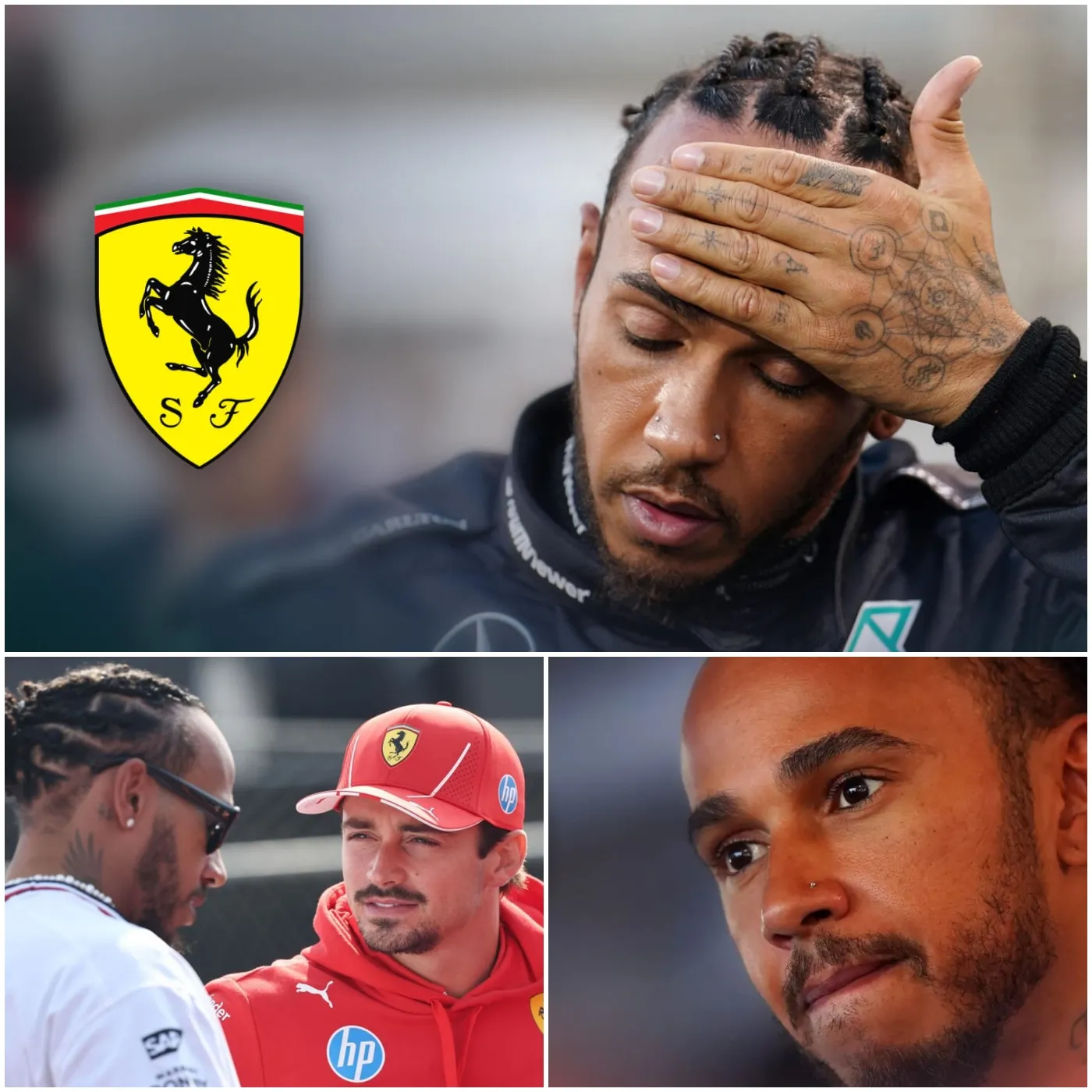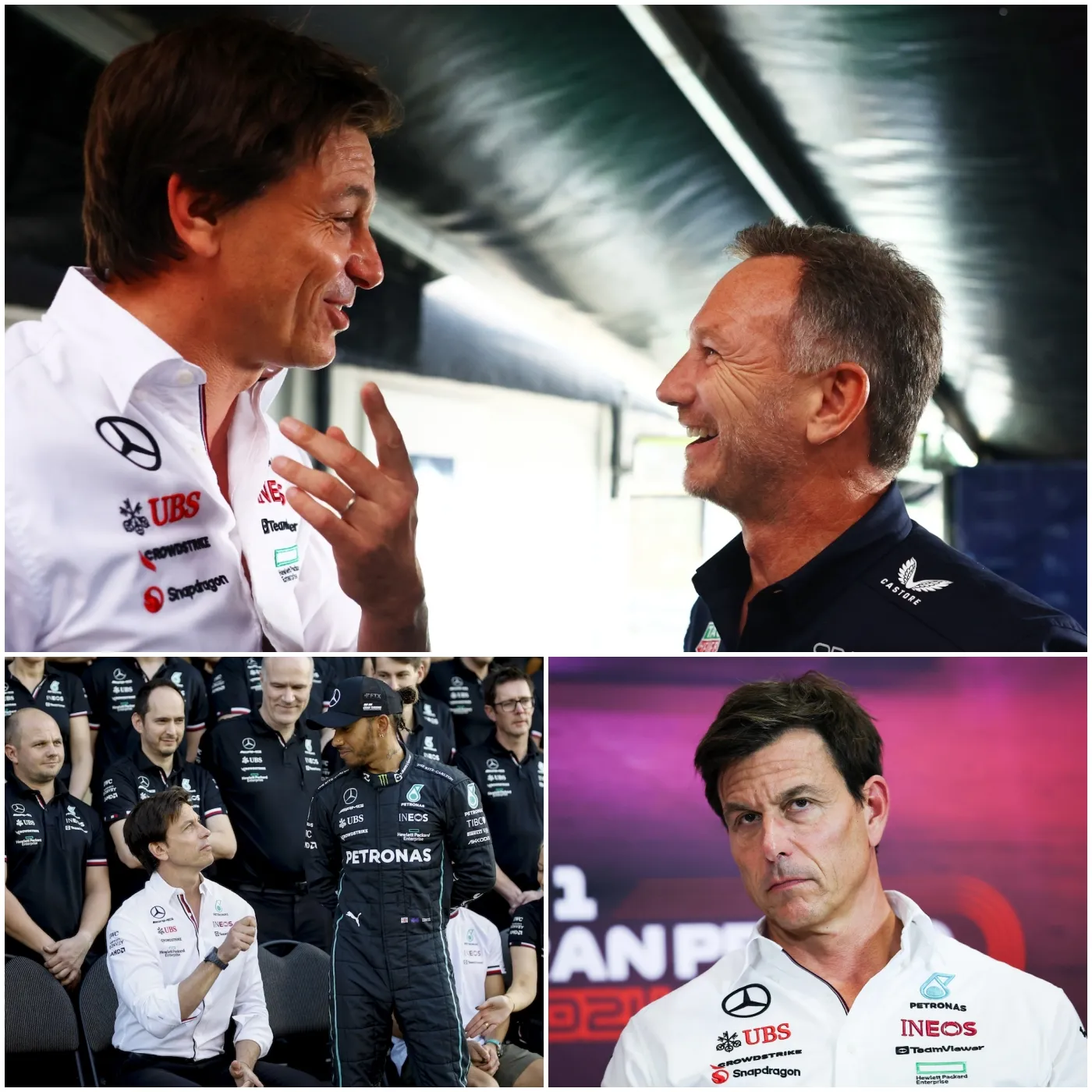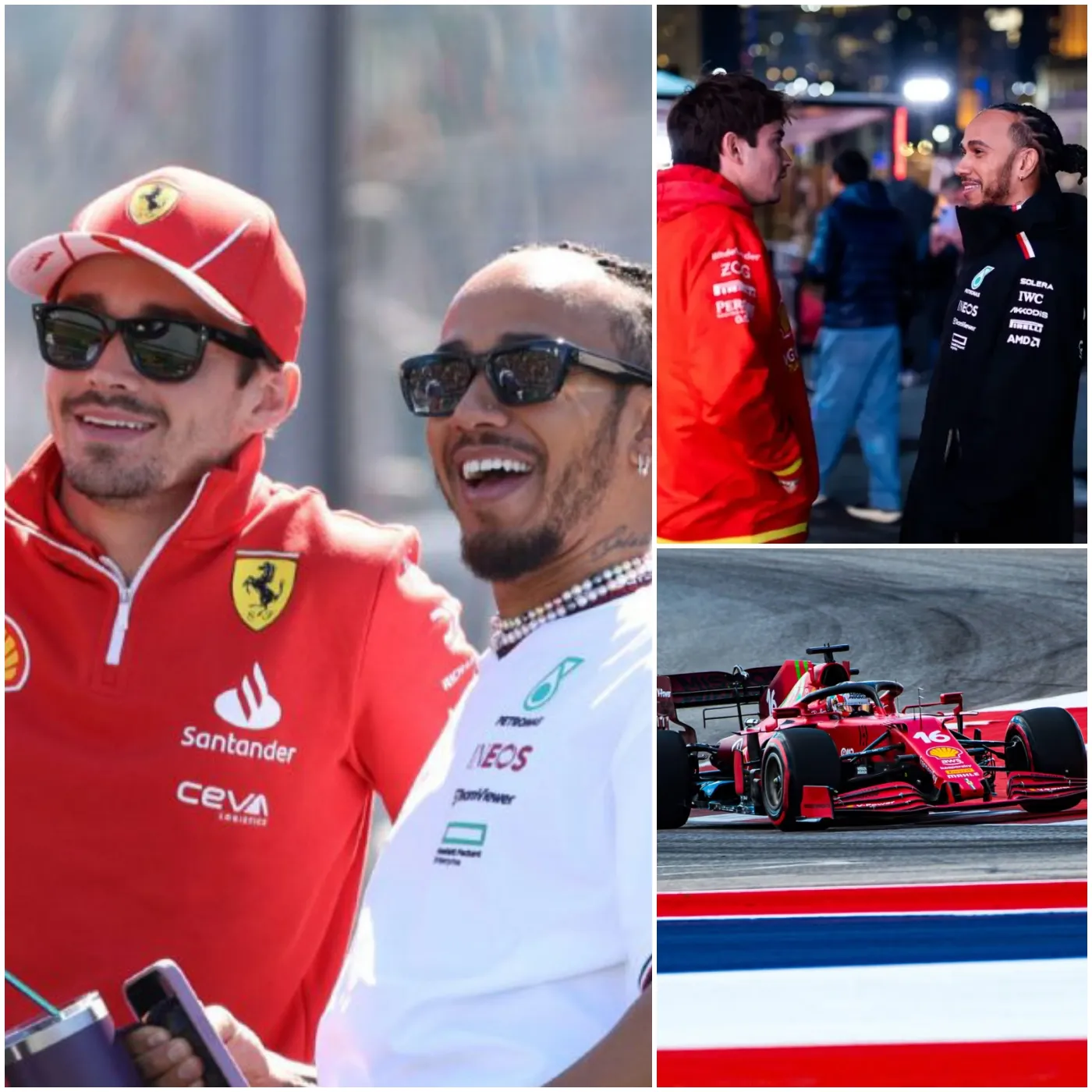No contract, no future, this is how Jack Miller exposes the ugly side of MotoGP.
In the high-octane world of MotoGP, glamour, speed, and success often overshadow the harsh realities riders face behind the scenes. Recently, Australian rider Jack Miller […]
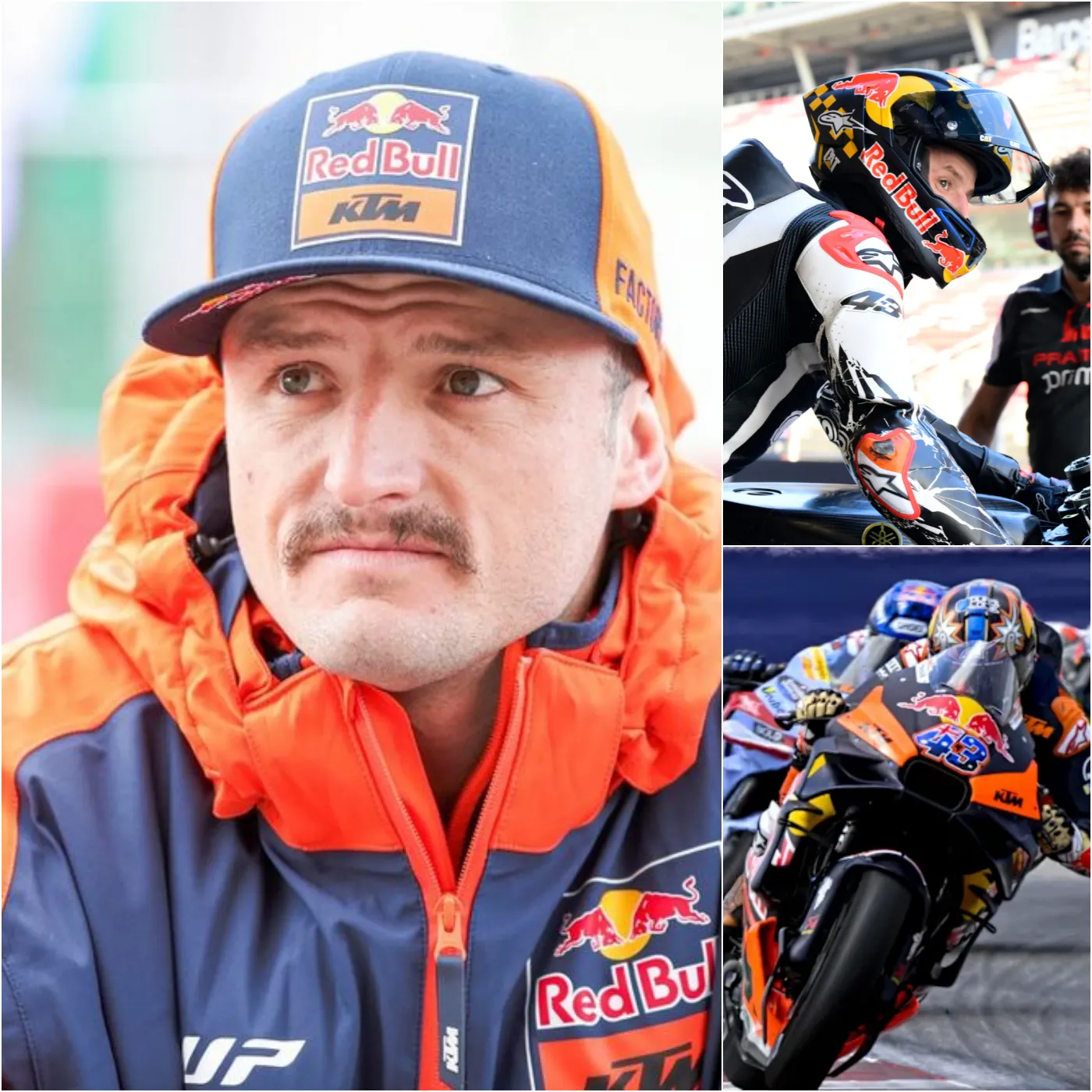
In the high-octane world of MotoGP, glamour, speed, and success often overshadow the harsh realities riders face behind the scenes. Recently, Australian rider Jack Miller has brought attention to a less talked-about issue in the sport: the precarious nature of contracts and the uncertainty they bring. As he speaks candidly about his own struggles with securing a future in MotoGP, Miller’s revelations have sparked a broader discussion about the vulnerabilities riders endure, even at the highest levels of competition.
Jack Miller’s Candid Remarks on MotoGP Contracts
For many fans, Jack Miller is the epitome of grit and determination. Known for his aggressive riding style and down-to-earth personality, Miller has built a loyal following. However, his recent comments shed light on the instability that riders face when their contracts are up for renewal.
In a recent interview, Miller admitted that the lack of a secure contract has left him questioning his place in the sport. “No contract, no future—that’s the harsh reality of MotoGP,” Miller stated. His words struck a chord with fans and fellow riders alike, as they highlighted the brutal truth that even talented riders can find themselves sidelined due to team politics, financial pressures, or changing priorities within the sport.
Miller’s struggles underscore a troubling trend in MotoGP, where riders are often treated as disposable assets rather than long-term investments.
The Precarious Nature of MotoGP Contracts
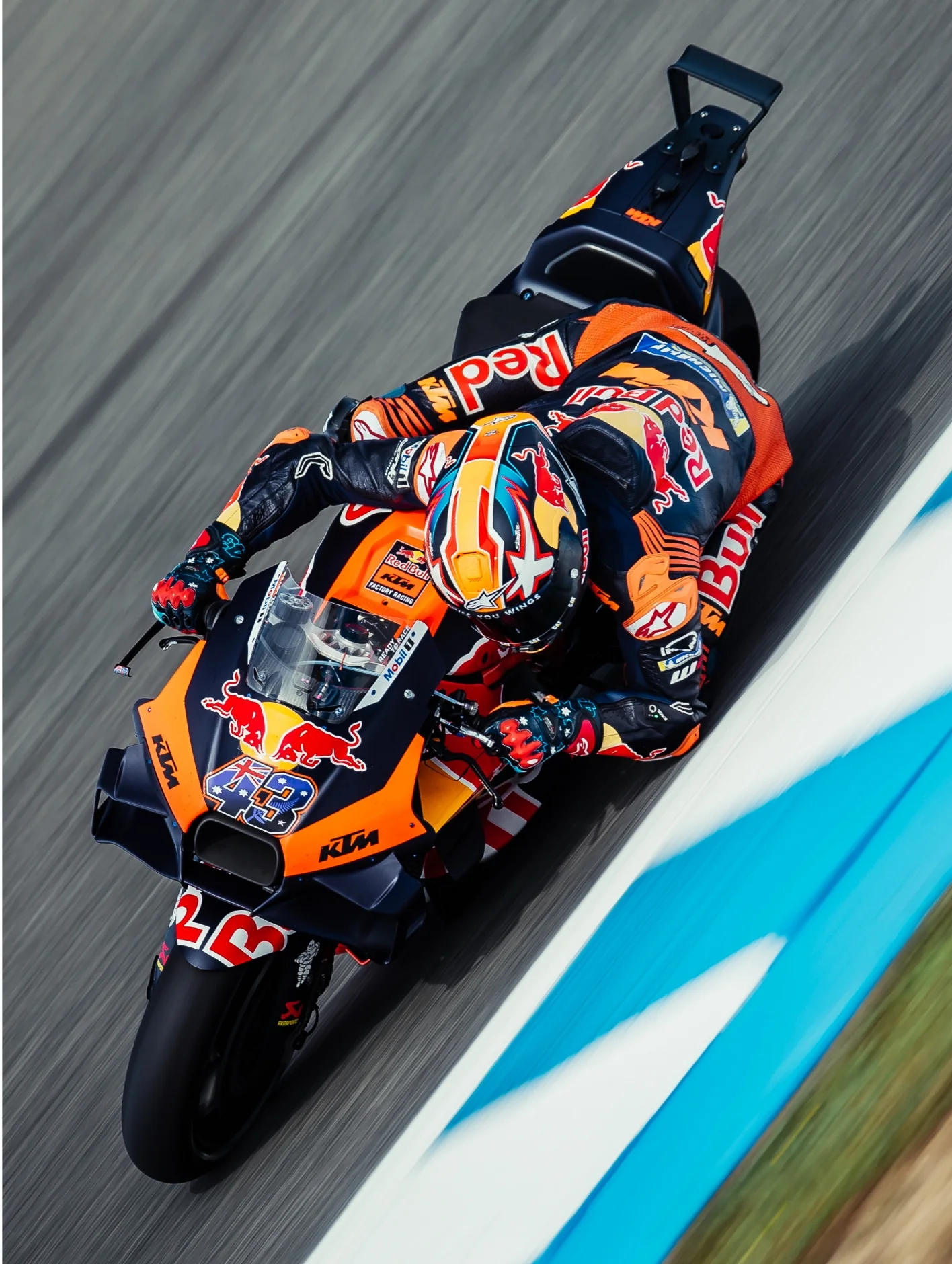
In MotoGP, contracts typically span one or two seasons, leaving riders with little security. While this structure keeps the sport competitive and allows teams to adapt quickly, it also creates a high-pressure environment for riders. The need to constantly prove their worth can lead to excessive risk-taking on the track, injuries, and even burnout.
For riders like Jack Miller, the pressure is compounded by the sport’s focus on younger talent. Teams often prioritize signing up-and-coming riders, leaving seasoned competitors to fight for fewer spots. Miller’s comments reflect the frustration many experienced riders feel when their hard-earned skills and loyalty are overlooked in favor of unproven prospects.
This dynamic isn’t unique to Miller. Several notable riders, including Andrea Dovizioso and Danilo Petrucci, have faced similar challenges in recent years, highlighting a systemic issue within the sport.
The Human Cost of Uncertainty
The lack of job security in MotoGP takes a toll not just on the riders but also on their families and support teams. For Miller, the uncertainty surrounding his future has been a deeply personal struggle. “You put your life on the line every weekend, and yet your future depends on a piece of paper,” he said.
This sentiment has resonated with fans, many of whom were unaware of the emotional and psychological burden riders carry off the track. The sport’s emphasis on performance and results often overshadows the sacrifices riders make to compete at the highest level.
Can MotoGP Address This Issue?
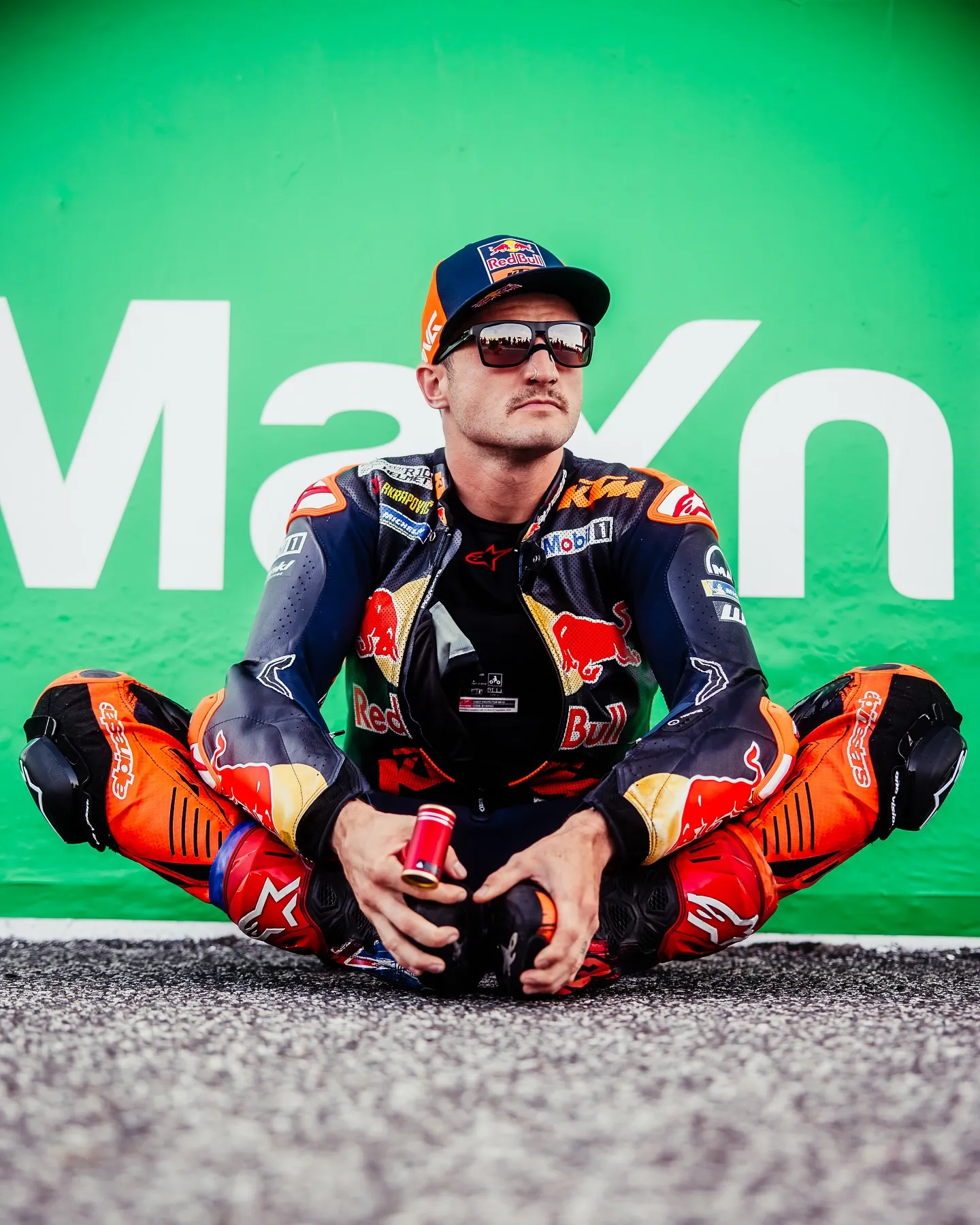
Miller’s remarks have reignited calls for MotoGP to reconsider its approach to rider contracts. Many believe that introducing longer-term agreements or providing greater support for riders during transitional periods could help mitigate the instability they face.
While some argue that the current system fosters competition and ensures only the best riders remain on the grid, others see it as a shortsighted approach that undermines the sport’s integrity. For riders like Jack Miller, the lack of stability is not just a professional concern but a personal one, as it affects their ability to plan for the future and focus on what matters most: racing.
Conclusion: Jack Miller’s Courage Sparks a Vital Conversation
By speaking out about the harsh realities of MotoGP contracts, Jack Miller has done more than just expose the sport’s flaws—he has sparked a crucial conversation about the need for change. While MotoGP remains one of the most thrilling and competitive sports in the world, its treatment of riders like Miller serves as a reminder that even the fastest on two wheels are not immune to the challenges of insecurity.
As fans and stakeholders reflect on Miller’s words, the question remains: Will MotoGP take steps to address this issue, or will riders continue to face an uncertain future in the pursuit of glory? One thing is certain—Jack Miller’s honesty has opened the door for a long-overdue discussion, and the sport will be better for it.
